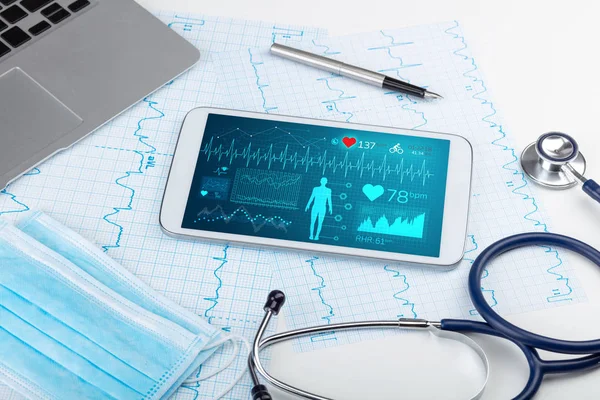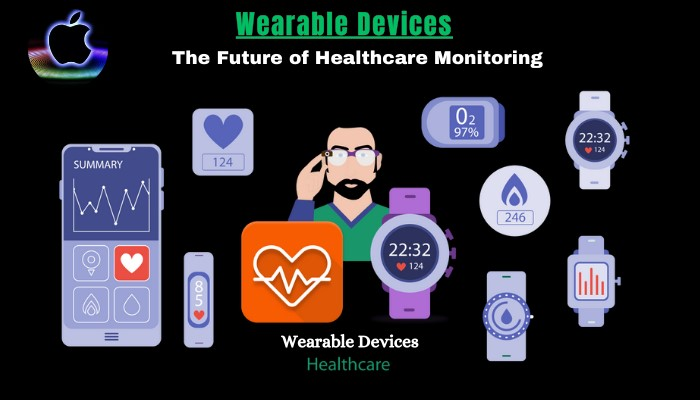As technology continues to advance at a rapid pace, wearable health devices are becoming increasingly popular among consumers. These devices, which can be worn on the body and track various health metrics, are revolutionizing the way we monitor and manage our health. In this article, we will explore the future of wearable health devices and the many benefits they offer.
What are Wearable Health Devices?
Wearable health devices are electronic devices that are designed to be worn on the body and can track a variety of health metrics. These devices can monitor things like heart rate, sleep patterns, physical activity, and more. They typically sync with a smartphone app or computer, allowing users to easily track and analyze their health data.
The Future of Wearable Health Devices
The future of wearable health devices is bright, with new advancements and innovations being made all the time. One of the most exciting developments in this space is the integration of artificial intelligence and machine learning algorithms into these devices. This allows them to provide more personalized and accurate health insights to users.
Additionally, wearable health devices are becoming more sophisticated in terms of the types of health metrics they can track. For example, some devices are now able to measure things like oxygen levels in the blood, stress levels, and even detect early signs of certain medical conditions.
The Benefits of Wearable Health Devices
There are many benefits to using wearable health devices. One of the biggest advantages is that they allow users to track their health in real-time, providing valuable insights into their overall well-being. This can help users make more informed decisions about their lifestyle and health habits.
Wearable health devices can also help motivate users to stay active and maintain a healthy lifestyle. Many devices have built-in features such as step counters, workout trackers, and goal-setting capabilities that can encourage users to be more physically active.
Another benefit of wearable health devices is their ability to detect early warning signs of potential health issues. For example, some devices can monitor heart rate variability and alert users to any abnormalities that may indicate a heart condition. This early detection can help users seek medical attention sooner and potentially prevent serious health problems.
Conclusion
Wearable health devices are quickly becoming an essential tool for anyone looking to take control of their health and well-being. With advancements in technology and new features being added all the time, these devices offer a wide range of benefits to users. From real-time health monitoring to personalized insights and early detection of health issues, wearable health devices are revolutionizing the way we think about health care.
Whether you are looking to improve your fitness levels, monitor a chronic condition, or simply stay on top of your overall health, investing in a wearable health device could be the key to achieving your health goals. With their convenience, accuracy, and motivating features, wearable health devices are shaping the future of health care and empowering users to take charge of their well-being like never before.

